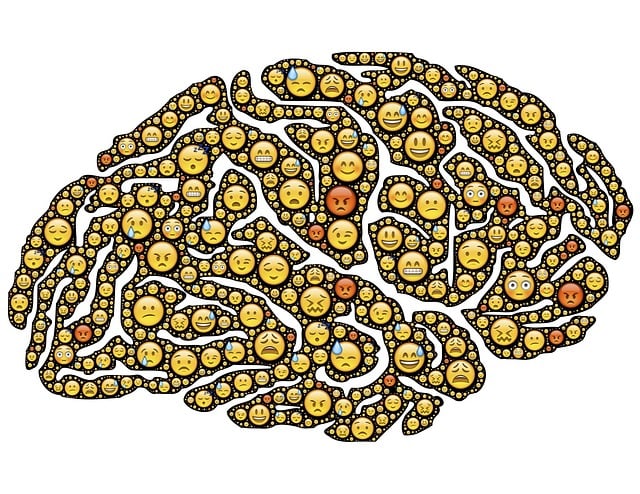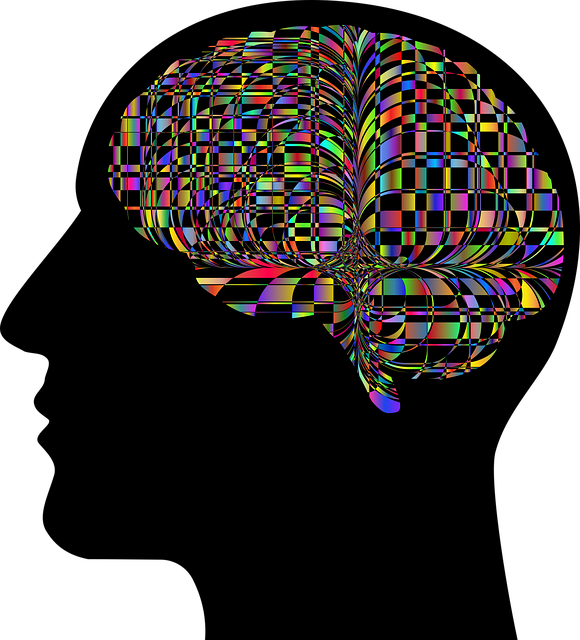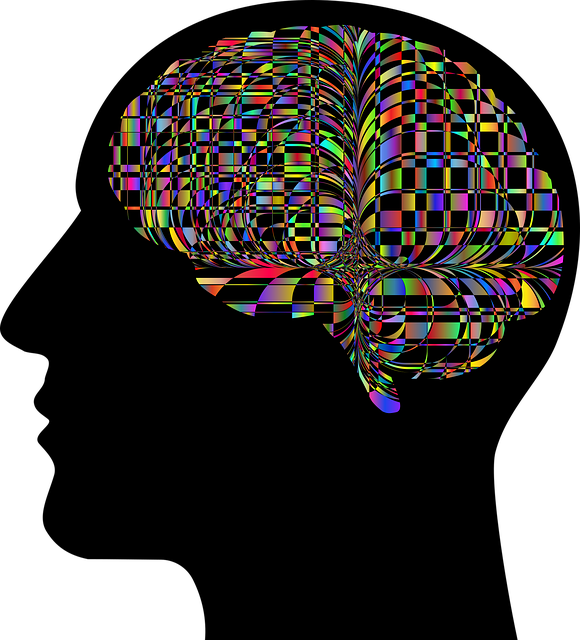Parker Therapy for Therapists-Clinicians leverages digital tools to collect diverse data on client mental health journeys, including structured assessments, unstructured notes, and client-reported outcomes. This holistic approach allows therapists to identify patterns, tailor interventions, and enhance treatment outcomes through empathy-building strategies. Their structured framework enables advanced data analysis, interpreting treatment effectiveness by tracking key metrics for improved mood management, symptom reduction, and overall functioning. By integrating data insights with Compassion Cultivation Practices and evidence-based strategies, Parker Therapy promotes tailored, high-quality care for better emotional well-being.
Mental health data analysis is a powerful tool for therapists and clinicians, enabling evidence-based practices and improved patient outcomes. As digital health solutions grow, understanding and integrating this data becomes crucial. This article explores strategies for navigating mental health data, focusing on the comprehensive framework of Parker Therapy for efficient analysis. We delve into interpreting treatment effectiveness, identifying trends, and enhancing clinical decision-making through data insights, empowering therapists to provide tailored care. Discover how these methods revolutionise mental health services using Parker Therapy techniques.
- Understanding Mental Health Data: Collection and Integration
- Parker Therapy: A Comprehensive Framework for Analysis
- Interpreting Treatment Effectiveness and Client Outcomes
- Identifying Patterns and Trends in Clinical Practice
- Enhancing Clinical Decision-Making with Data Insights
Understanding Mental Health Data: Collection and Integration

Understanding Mental Health Data is a fundamental step in delivering effective therapy services, and it begins with efficient data collection methods. In today’s digital age, various tools and platforms facilitate the gathering of rich, diverse information from clients. This includes structured assessments, unstructured notes, and even client-reported outcomes, all of which offer valuable insights into an individual’s mental health journey. By integrating these multiple data sources, therapists like those at Parker Therapy for Therapists-Clinicians can obtain a holistic view of their clients’ experiences.
Such integration allows for the identification of patterns and trends that may not be apparent from a single source. For instance, combining self-reported symptoms with clinical observations can reveal unique perspectives on a client’s emotional regulation or provide clues about the effectiveness of adopted self-care practices. This comprehensive understanding enables therapists to tailor their approaches, employing empathy building strategies to foster stronger therapeutic alliances and ultimately enhance treatment outcomes.
Parker Therapy: A Comprehensive Framework for Analysis

Parker Therapy offers a comprehensive framework for mental health professionals looking to enhance their data analysis and interpretation skills. This therapeutic approach prioritises a holistic view of an individual’s emotional well-being, incorporating various aspects such as depression prevention, emotional regulation, and healing processes. By employing structured techniques and evidence-based practices, therapists can effectively navigate complex client narratives.
The Parker Therapy model encourages clinicians to consider not only the symptoms but also the underlying causes and contextual factors influencing a person’s mental health state. This deep understanding facilitates more precise analysis, allowing therapists to tailor interventions that promote lasting emotional healing. Through this comprehensive lens, professionals can empower clients to manage their mental health effectively.
Interpreting Treatment Effectiveness and Client Outcomes

Interpreting treatment effectiveness is a critical aspect of mental health data analysis, offering valuable insights into the success and impact of therapeutic interventions. By examining client outcomes, therapists can assess whether the chosen treatments are facilitating positive changes in patients’ lives. This involves tracking key metrics such as improvements in mood management, reductions in symptom severity, and enhanced overall functioning. For instance, using Parker Therapy, a structured approach for therapists and clinicians, allows for systematic monitoring of these changes over time.
Through data-driven analysis, mental health professionals can refine their treatment strategies, ensuring they are aligned with the unique needs of each client. This iterative process facilitates continuous improvement in therapy delivery, fostering better outcomes. Moreover, effective risk management planning becomes more achievable when therapists leverage data insights to identify potential challenges early on and implement appropriate interventions, thereby promoting positive thinking and resilient coping mechanisms in their clients.
Identifying Patterns and Trends in Clinical Practice

In the realm of mental health data analysis, identifying patterns and trends within clinical practice is a game-changer for therapists and clinicians. By utilizing advanced analytics tools and techniques, professionals can uncover valuable insights that were previously hidden in vast datasets. This involves meticulous examination of patient demographics, treatment modalities, and outcome measures to reveal emerging trends. For instance, the integration of Parker Therapy techniques with Compassion Cultivation Practices has shown promise in improving patient outcomes, indicating a potential shift towards more holistic approaches.
Through data-driven discoveries, therapists can refine their practices, adapt therapeutic strategies, and design more effective Mental Health Education Programs. By tracking Stress Reduction Methods over time, for example, clinicians may identify which interventions are most successful in addressing specific mental health concerns. This analytical perspective not only enhances the quality of care but also enables professionals to advocate for evidence-based practices, ensuring that patients receive the best possible support tailored to their unique needs.
Enhancing Clinical Decision-Making with Data Insights

In today’s digital era, mental health professionals like therapists and clinicians can greatly enhance their clinical decision-making abilities by leveraging data insights from patient interactions. Parker Therapy, for instance, offers a platform that combines therapy sessions with robust data analysis tools, providing valuable information about emotional healing processes and building empathy between therapists and clients. By integrating these data-driven strategies, practitioners gain deeper insights into the needs and progress of their patients, allowing them to tailor their approach more effectively.
This analytical perspective not only streamlines the therapeutic process but also promotes emotional intelligence among healthcare providers. Understanding patterns in patient data can help therapists identify effective empathy-building strategies, further enriching the overall therapy experience. Such an evidence-based practice ensures that each session is tailored to address specific emotional needs, ultimately leading to more successful outcomes for both therapist and client.
Mental health data analysis has evolved into a powerful tool for therapists and clinicians, offering insights that can significantly enhance clinical practice. By understanding and interpreting mental health data, professionals like those utilizing Parker Therapy can identify trends, improve treatment effectiveness, and ultimately better serve their clients. This article has explored various aspects of this process, from data collection and integration to enhancing decision-making. Embracing these data-driven approaches, such as the comprehensive framework of Parker Therapy, allows therapists to navigate the complex landscape of mental health care with greater confidence and precision.














